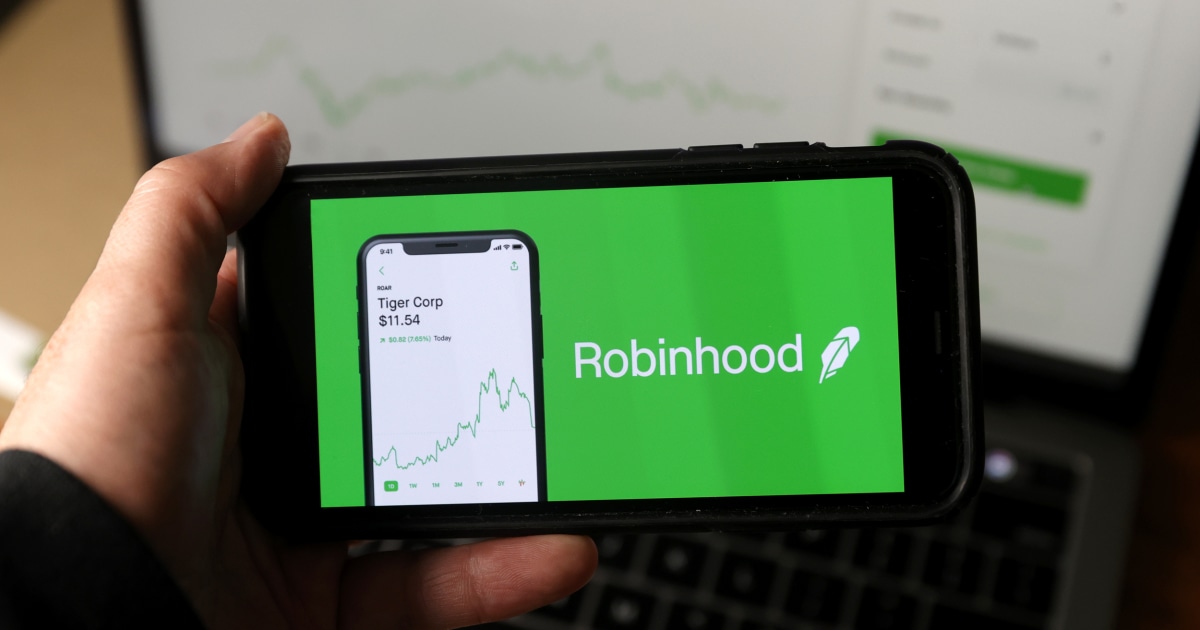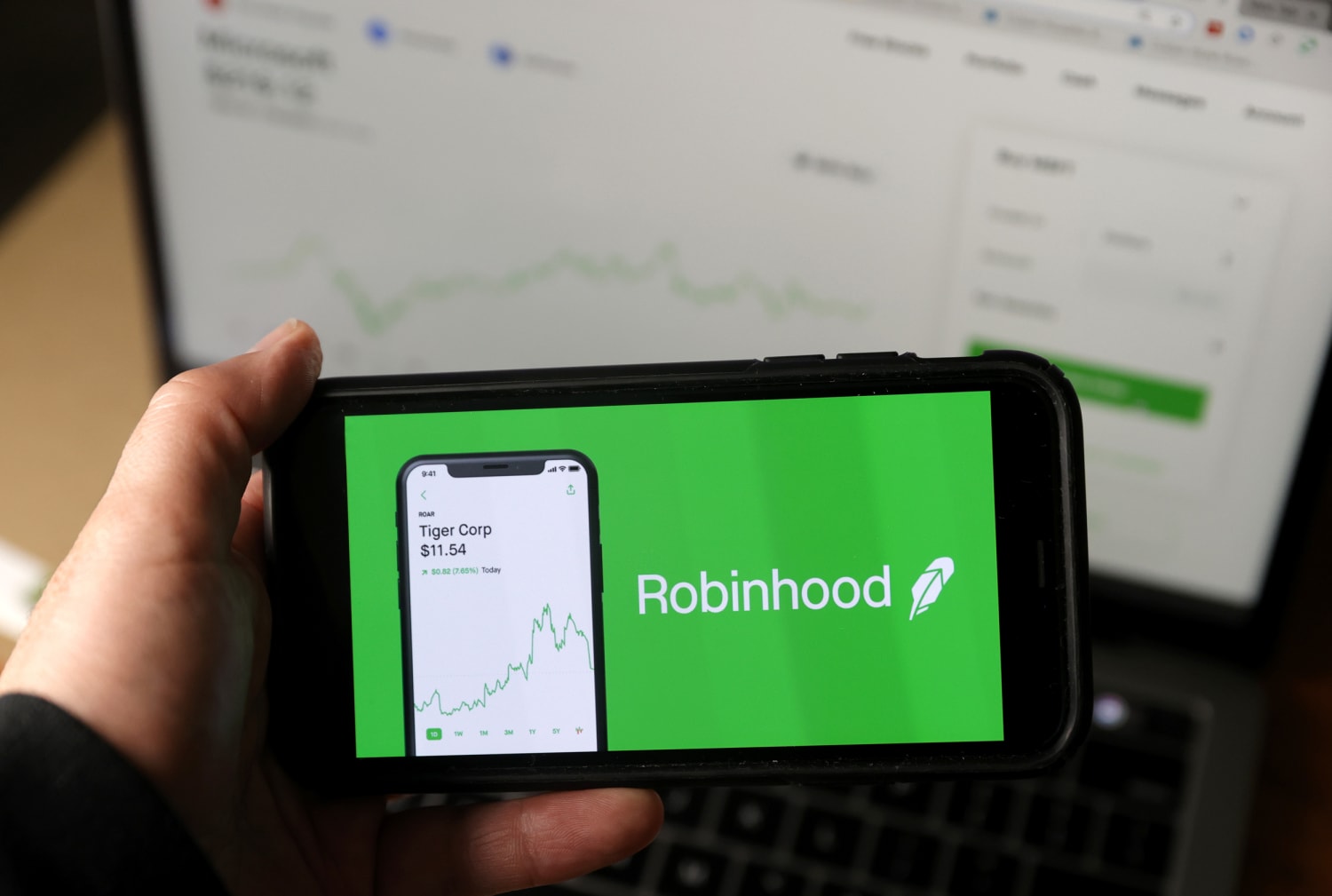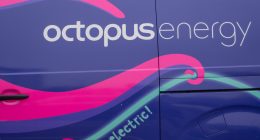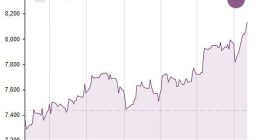
Robinhood raised $1 billion overnight from investors to shore up its balance sheet as the brokerage app was set to ease restrictions in the trading of certain volatile stocks, according to CNBC’s Andrew Ross Sorkin.
The money raised was on top of $500 million the broker accessed through credit lines to ensure it had the capital required to keep allowing its clients to trade stocks like GameStop and AMC Entertainment.
Robinhood CEO Vlad Tenev told CNBC that tapping the credit lines was a proactive measure and denied it was because of a liquidity issue.
“By drawing on our credit lines which we do all the time as part of normal day-to-day operations we get more capital that we can deposit with the clearing houses and that will allow us to enable ideally more investing with fewer restrictions,” Tenev told Sorkin in a CNBC interview on Thursday evening.
Shares of the popular retail trading names all rose in premarket trading on Friday in anticipation of Robinhood easing some restrictions. Shares of GameStop rose 80 percent and shares of AMC Entertainment popped 50 percent in premarket trading.
Amid a wild week of speculative retail trading, Robinhood earlier Thursday limited trading in 13 equities, including GameStop and AMC Entertainment. Robinhood only allowed clients to sell positions, not open new ones, in certain securities, raised margin requirements, and even said it would close out some positions automatically if the client was at risk of not having the necessary collateral.
The company then said after the closing bell Thursday that it would allow limited buying of restricted securities on Friday.
Robinhood has experienced unprecedented high volume of trading this week as Reddit-reading retail traders attempt a takeover of certain highly shorted stocks. Robinhood, which has to deposit money to a clearing house based on the volume of trades, said it restricted trading was because the firm was unable to meet the deposit requirements that it was anticipating. The requirements go up when volatility goes up in case a large chunk of investors lose out on an options trade.
The $1 billion raised came from previous venture capital investors in Robinhood and the credit lines are from banks including JPMorgan and Goldman Sachs.
In short selling, investors borrow shares of a company in expectation that the stock price will go down, netting a profit when the short seller must cover the shares upon expiration of the trade.
Source: | This article originally belongs to Nbcnews.com










